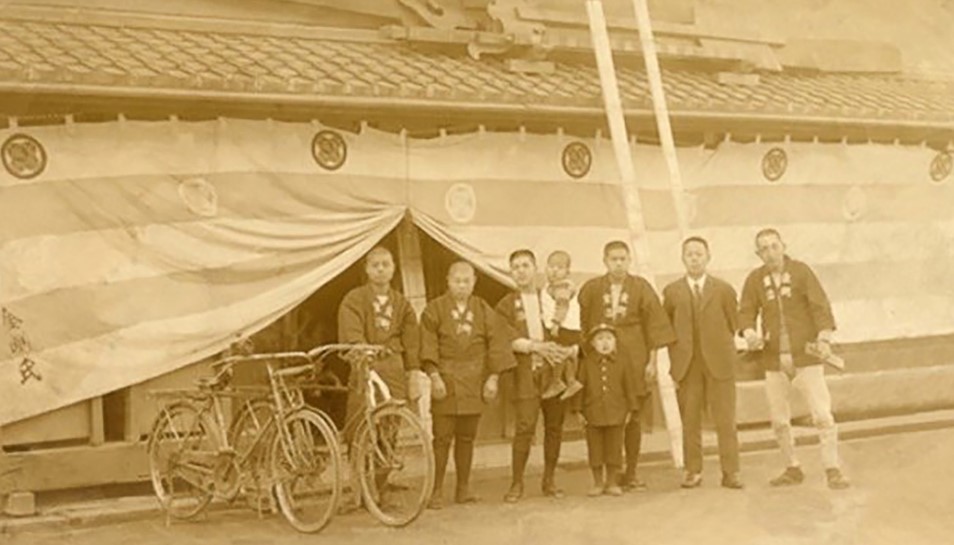


His name is Kongo Gumi. It is the oldest family company in Japan which was founded in 578 AD. So, its age reaches more than 1,400 years or 14 centuries. Older than Borobudur Temple, which was founded in 759 AD, or is estimated to be more than 1,200 years.
Engaged in the construction business, Kongo Gumi was founded by a carpenter named Shigemitsu Kongo. Congo is a Korean citizen. He was brought by Prince Shotoku Taishi, also known as Prince Umayato, to Japan to build the Shitenno-Ji Buddhist temple. After that, Congo decided to set up his own business. Over the centuries in Japan, Congo was heavily involved in constructing several Buddhist temples and even Osaka Castle.
In the course of his business, Congo Gumi has faced difficult times. Among them, during the Meiji Restoration in the 1800s. At that time, Emperor Meiji wanted to withdraw power in running the government from the hands of the shogun Tokugawa Yoshinobu. This effort sparked a war that seriously disrupted Congo Gumi's business.
The next crisis occurred in World War II. Japan was devastated by the atomic bombs dropped by United States planes on Nagasaki and Hiroshima. The war crippled the Japanese economy and hit Congo Gumi businesses.
Even so, the Congo Gumi was able to survive the two crises. Even subsequent crises. Congo Gumi was also able to survive the economic crisis that hit Japan in the 1980s. However, when the economic crisis hit the world in 1998, the Congo Gumi was overwhelmed. Due to massive debt, in 2006, the family company, which was then led by Masakazu Congo, the 40th generation of the Congolese family, was taken over by Takamatsu Construction Group. Thus, it ended the era of family companies that have survived for 14 centuries and 40 generations.
The Congo Gumi issue was mentioned in the Large Family Business & Beyond webinar. Webinar hosted by Dr. Anton Wachidin Widjaja, lecturer at the Faculty of Business and Head of the Master of Technology Management, PresUniv, is a series of Road to ICFBE 2021. Anton said family businesses face two main challenges. First, the next generation was not interested in continuing the family business. This is experienced by a company engaged in the food business in Central Java. “This company is quite large, but it had to stop because his son preferred to continue his studies in cinematography or film in the United States. Not studying in the business field," said Anton.
Second, another challenge is that the company must decide whether its business will be left to the next generation or entrusted to professionals. Moreover, continued Anton, it is not easy to find professionals who have the same chemistry as the company's founder.
Two, from several other challenges that is what makes the business sustainability of family companies in Indonesia relatively low. Succession is one of the severe problems of family companies in Indonesia. Hadi Cahyadi, in his research, describes the level of success of family businesses in Indonesia. He said only 30% made it through the second generation, 13% made it through the third generation, and only 3% made it to the fourth generation, and so on. "From these statistics, it can be seen that 70% of family businesses in Indonesia fail to be continued by the third generation," he said.
Hadi also found a Chinese proverb that reads "Fu Bu Guo San Dai," which means Third Generation Curse in English. This curse refers to a family business that the third generation usually fails to pass on. The curse of the Third Generation Curse is also widely known in various countries, such as China, Japan, the United States, to Britain. So, the expression is that the first generation builds, the second generation raises, and the third generation destroys. (JB Susetiyo, PR team. Photo: Doc. Wikipedia).